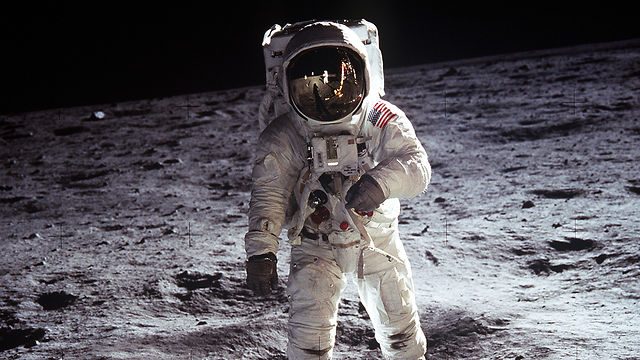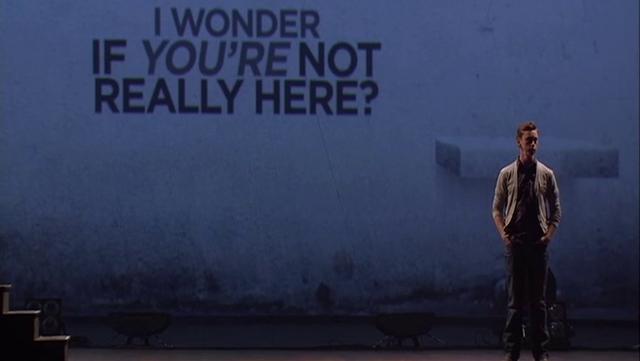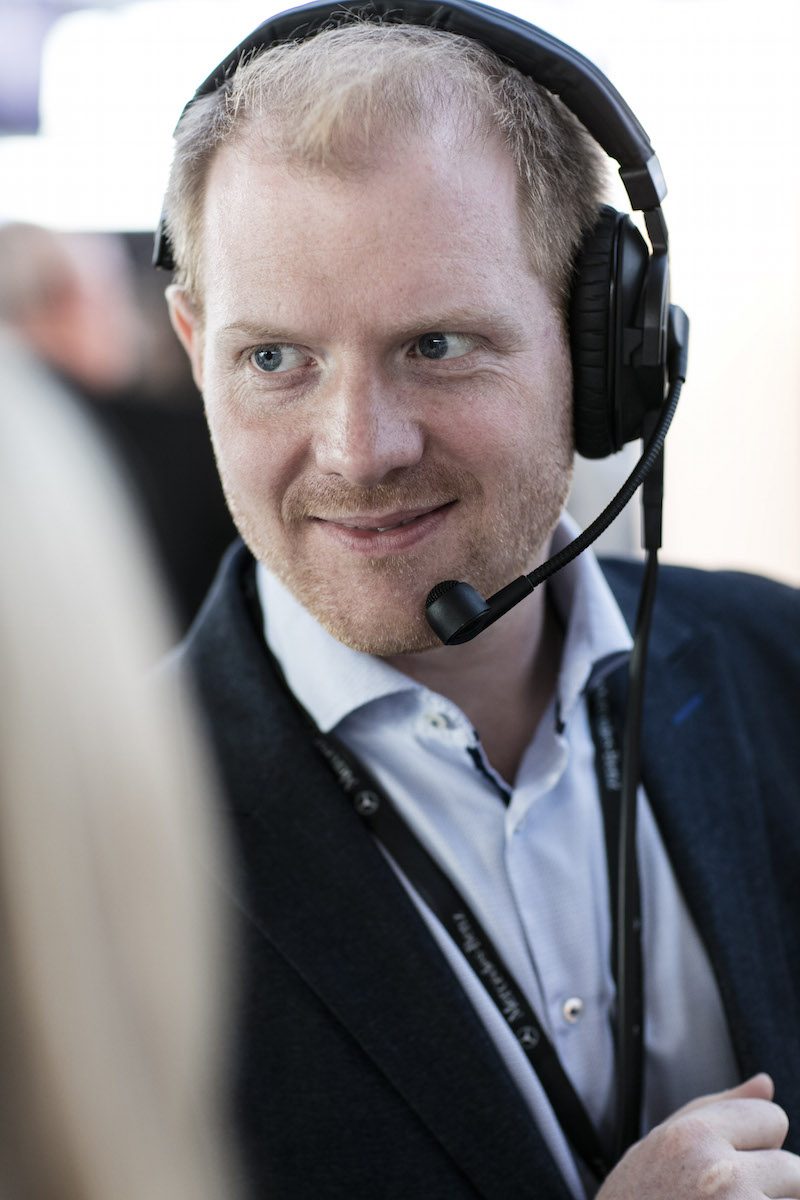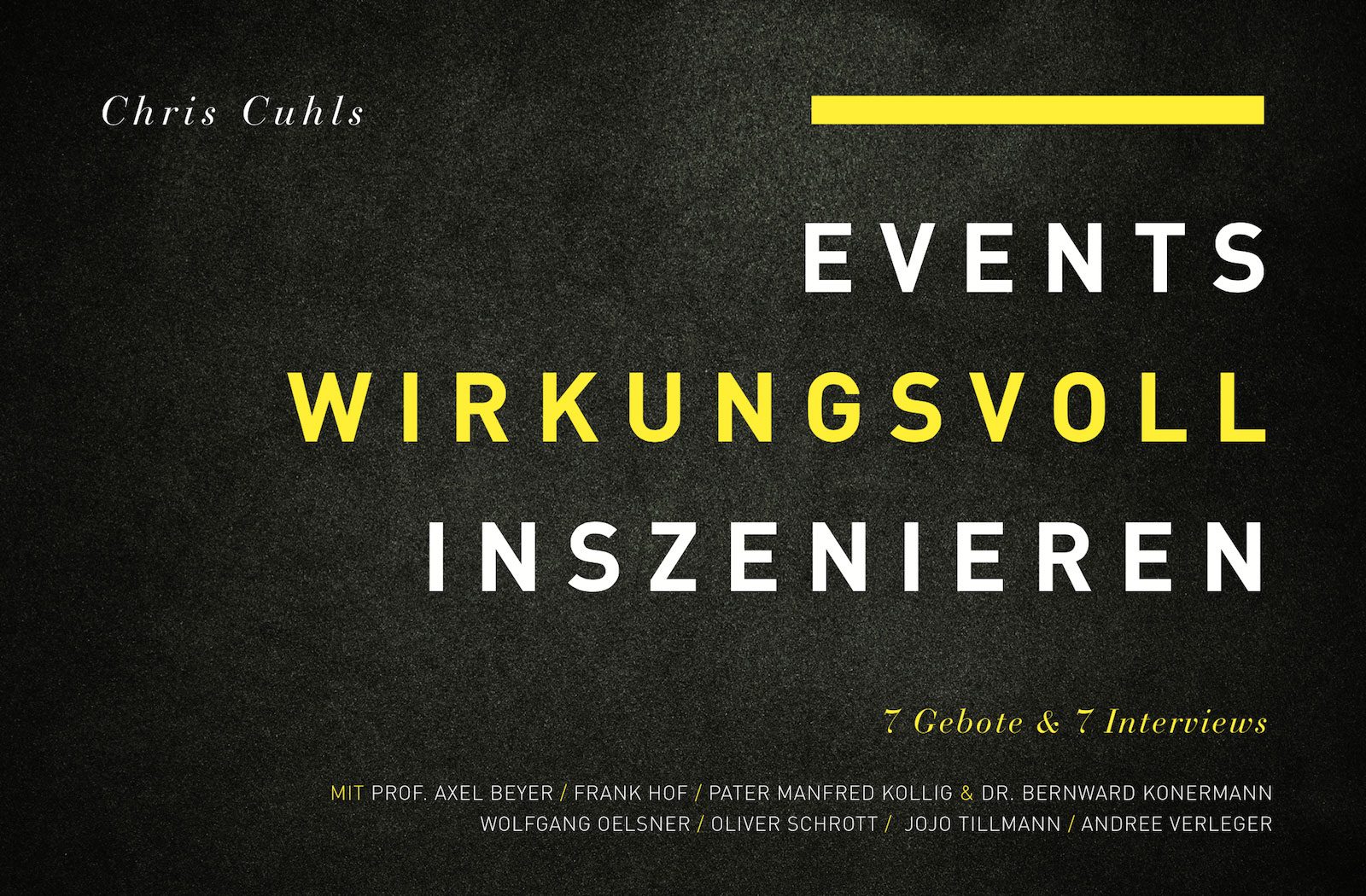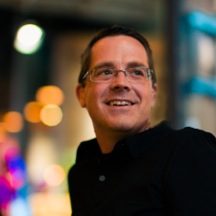
Technical Director Todd Elliott & highlights from the GLS 2014 (Quelle: youtube)
This year I had the opportunity to attend the Global Leadership Summit 2014 in Chicago, a conference that gathers leaders from around the world. This event is crafted to infuse vision, skill development and inspiration for the sake of local church transformation. Speakers include people like former US foreign minister Colin Powell or Condoleezza Rice and U2 lead singer Bono. To set up the two-day, world-class leadership event which is broadcasted live and experienced by more than 170,000 leaders around the world, it takes guts. Reason enough to interview the technical director Todd Elliott:
1. Todd, you just finished one of the most influencing conferences worldwide, the GLS. What are the things you make sure of and keep an eye on as the technical director at the conference production?
Probably the most important thing for me is to surround myself with super creative, highly qualified people to handle each aspect of the production. Once I know I have the right people to get the job done, I spend most of my time trying to clear a path for them, so that they can bring their best to the table. My feeling is that they are the experts in their area, and I need to trust them. Once they have the vision for the production, I let them loose. Along the way, I need to reset direction and answer value based questions, but the goal is to keep them moving forward in their area of expertise. I want them to feel a great deal of autonomy, so that they have full ownership over their area of the project, and that they feel totally supported by me.
2. Todd, you consider yourself a technical artist – what does this mean to you?
I believe that production done well is an art form. It is more than just simply pushing buttons and turning knobs. I believe that each of us in production is an artist at something. It could be mixing audio, or fixing a light, making graphics or leading volunteers. The secret is to figure out where you are an artist and dive into that. For me, it took me years to figure out exactly what I’m an artist doing. I’ve done each technical discipline of audio, video, lighting and set design. I’m just OK at all of those things, which makes me really good at seeing each aspect of an event. I’m an artist of seeing the whole production picture of an event and helping to translate creative ideas into a production.
3. Why is excellence in productions important and what are the principles behind this approach?
Production should be done well, regardless of if it is in church or not. From a practical standpoint, production should be completely transparent. People should not notice that there is a layer of production between them and the content coming from the stage. When you start talking about production in the church, now you’re talking about the content being the Gospel. If there was ever something for production to get out of the way of, it is the message of Christ. We don’t want anything to stand in the way of God moving and working in people’s lives during our services. If production isn’t done well, it is a distraction from this message.
On another level, if we are serving in the local church, it is an act of personal worship to God. Am I willing to give anything less than my best when God only deserves my best?
4. What was the most challenging event at Willow Creek that you worked on?
Each year, the Global Leadership Summit is the event that stands out as the most challenging and meaningful. There are so many details and so much content to figure out how to execute, that it is always a challenge to figure out how to get it all done with the time, people and budget we have to work with. Also, knowing that close to 200,000 church leaders are going to be affected by what I do is pretty crazy to think about. If a leader on the other side of the world is inspired to lead better because of attending the GLS, then their community will be better, which means their country will have a chance to become better. Affecting the lives of leaders is something that will never get old to me.
5. Up to 16.000 people attend a single church service every Sunday at Willow Creek Chicago (multiplied by 3 services per weekend). What does it take to realise a great service, especially working with paid staff but also unpaid volunteers on a weekly basis?
I never think about the number of people who are attending. Whether there are 100 or 10,000, we still have to do our best with the resources in front of us. We spend time working together with the creative artists to figure out what the ideas are and how we can accomplish them the best way possible. We do this knowing that we only have so much time and volunteers with certain abilities. We try to come up with the best plan possible during the week, knowing that once we see the service for the first time in rehearsal, that we might have to change things. We encourage our staff and volunteers to realize that we will work really hard to figure out everything we can before the service, but that there are somethings we can’t figure out until they’re happening. In those moments we try to be as flexible as possible.
6. Where do you get inspired for your job?
I love to learn new things. I would call myself a curious explorer. Whether it is painting or photography or piano or another kind of art form, I love the creative process and what it teaches me about the creative processes that I am in during my normal job.
7. What was your biggest mistake and what did you learn from it?
I’m not sure I can point out one mistake that changed how I do production. I do make mistakes quite often and I feel like they are essential to becoming better as a technical artist. If I’m not making mistakes, I’m probably not stretching myself or trying new things. Once I’ve made a mistake, it is really important to learn from each one, so that the same mistake isn’t repeated over again. If I’m making a mistake a second time, I’m not learning and I’m not doing my best.
In general for me, my most common mistake is not clearly communicating fully at the beginning of a project. As a leader, for people to be able to follow, they need to have clear expectations from the leader. Because I want people to engage fully, I hesitate to tell people exactly what to do, because I want their opinion and artistry, not necessarily mine. What ends up happening is that without clear communication from me, we have very different ideas of what the goal is.

Want to know more about Chris Cuhls and this blog? Please find more information about the German producer and director here.



